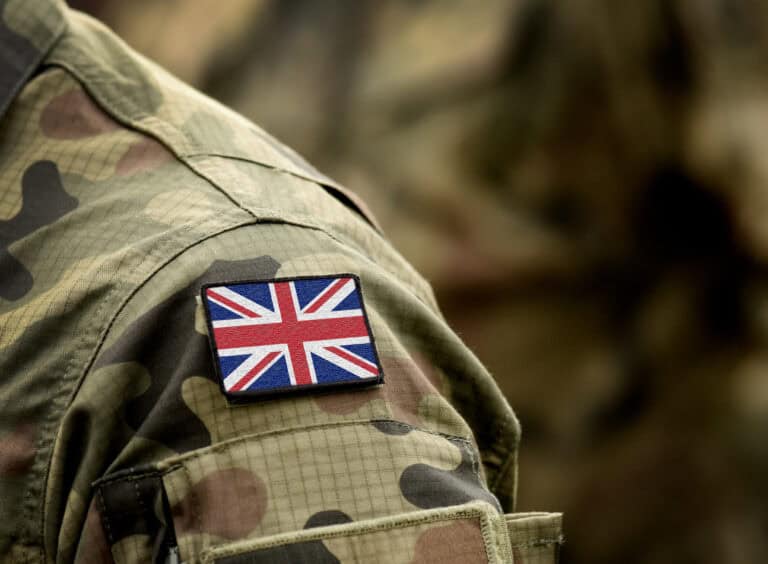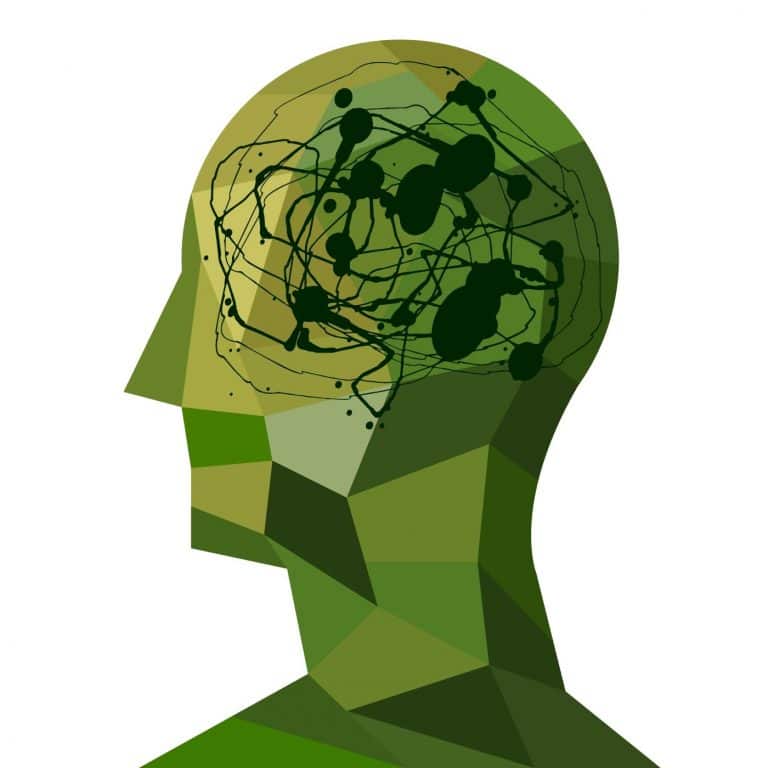On World Mental Health Awareness Day, remember the Armed Forces
The mental health of service personnel is a daily feature in the clients I work with. Whether I am acting for individuals who have faced delays in being diagnosed with PTSD and receiving timely treatment; clients who have suffered from depression, anxiety or adjustment disorders as a result of sexual assaults, bullying and harassment; or the challenges they have faced in adjusting to life changing injuries, the effects of mental health are all pervading.
Many of my colleagues who work with service personnel, myself included, believe that both the Armed Forces and the Government have not been doing enough to support service personnel with mental health difficulties over the years. In 2019, the House of Commons Defence Committee acknowledged that only a fraction of the UK health budget (0.007%) was being spent on government-funded veteran-specific mental health services, and highlighted the importance of providing better support to military personnel. Despite identifying the need for a highly specialised centre of excellence to support those with mental health injuries, to be run hand in hand with the Defence National Rehabilitation Centre (DNRC) this has not materialised, with individuals continuing to turn to charities for support instead. Indeed, the 2020 Military Charity Barometer created in partnership with Bolt Burdon Kemp and Veterans Lifeline in the spring of this year, found that almost three quarters of military charities supported the view that there is not enough being done to provide service personnel.
As we approach Mental Health Awareness Day on 10th October this year, it’s a very different feeling to previous years, not least because the COVID-19 pandemic has changed the way we live all over the globe in ways that we never could have imagined. As we all become increasingly aware of the impact of these changes upon our own mental health and of those around us, it’s vital that we also consider the immense strain that the pandemic has placed upon the mental health of service personnel; both those who have been required to respond to the pandemic and those already suffering with mental illness enduring months under lockdown without access to proper support from friends and family or professionals. The pressure placed on services and charities which were already struggling to meet the increasing demands for help and support has led to an even deeper crisis. Last month, it was reported that the charity Help for Heroes announced the closure of three of its centres and 80 redundancies as a result of reduced funding despite a 33% increase in veterans’ demands for mental health support caused by the lockdown in May and June of this year. I have little doubt that other lifeline charities and services will follow suit, as the financial struggle to stay afloat continues.
Sadly, it does not look like the situation is likely to be resolved anytime soon. Indeed, the Centre for Mental Health has forecast that up to 20% of the population (10 million people) will either need new or additional mental health support as a direct consequence of the crisis.
Whilst we are coming to grips with the challenges we face in such unprecedented times, the Armed Forces and the Government must take steps to provide vital mental health support for those who are serving and have served in the Forces. If they do not act now, the effects may be catastrophic in the months and years to come.









